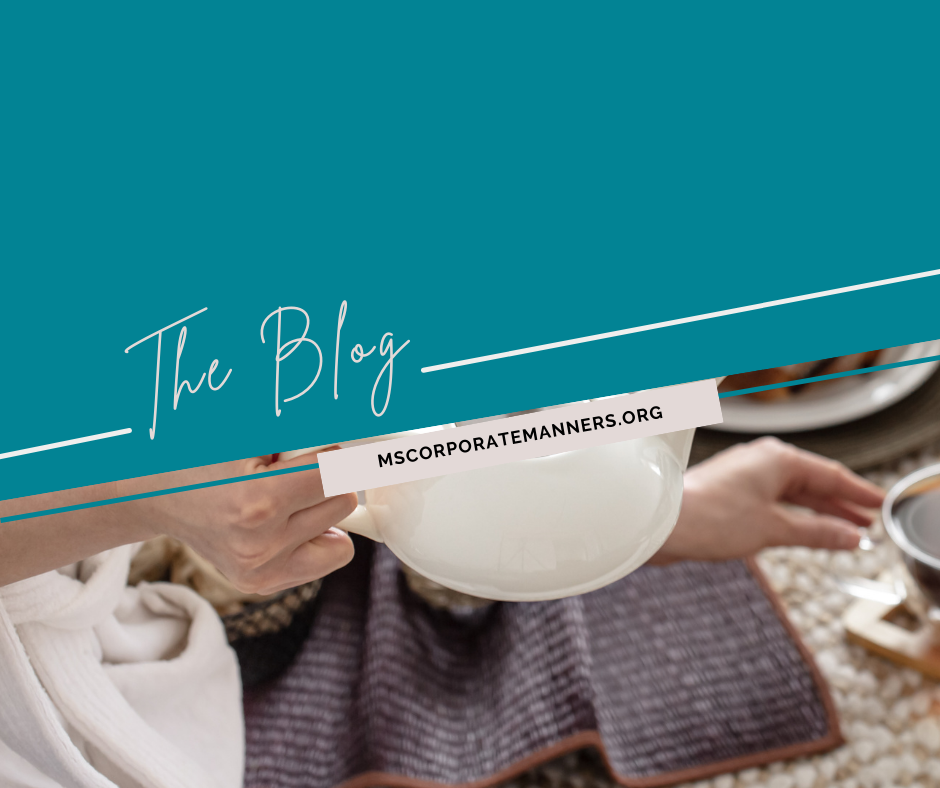Fear around coronavirus can bring out the worst in people, but it also inspires AMAZING random acts of kindness.
Every day we witness innovation in how people thank frontline healthcare workers and help their neighbors in quarantine feel less alone.
Countless organizations and individuals are sewing or donating masks and other supplies. Grocery stores are setting up seniors-only hours. Local restaurants and liquor stores have turned into delivery services, and newspapers are publishing paid content for free.
A group of activists around town are setting alarms on their smart phones to remind them to join a prayer chain from 8:00 to 8:02 p.m. every evening, reminiscent of Winston Churchill’s Silent Minute of Prayer during World War II.
All amazing stuff. People are singing from windows and porches, applauding healthcare workers, creating signs of appreciation and hope, placing teddy bears in yards for children, sending handwritten notes and food deliveries to the elderly and discovering wonderful ways to lift others and themselves up.
But while sitting safely in our own homes with more spare time than we’ve ever experienced, reading endless news stories, scrolling social media posts, do some of us feel an accompanying sense of guilt? We tear up as we watch acts of kindness on television. With our mortality staring us down and an itty bitty virus lying in wait, we yearn to be our best selves.
But some acts of kindness can be dangerous. Here are some examples:
- After college-aged kids arrive home from being exposed to who-knows-what, their mom offers to bring them over to visit.
- A new business owner is frightened about loosing her investment. But when a friend offers to purchase something from her store, she generously offers to give it away instead.
- A hard worker attempts to clean her client’s house. She has a new grandchild, and he’s in the high-risk category. He would have paid her regardless of whether she did the work or not but he doesn’t know how to say that.
- Two young friends offer to purchase groceries for an elderly woman (me,) and they both have underlying health conditions.
- Charities are overrun with people volunteering to come in and help feed, nurse, clean, do SOMETHING. But many of those volunteers are older and at risk themselves.
Good deeds restore our faith in humanity. Good etiquette means using common sense when you do so.
Be kind, but be smart too!
Ms. Corporate Manners


